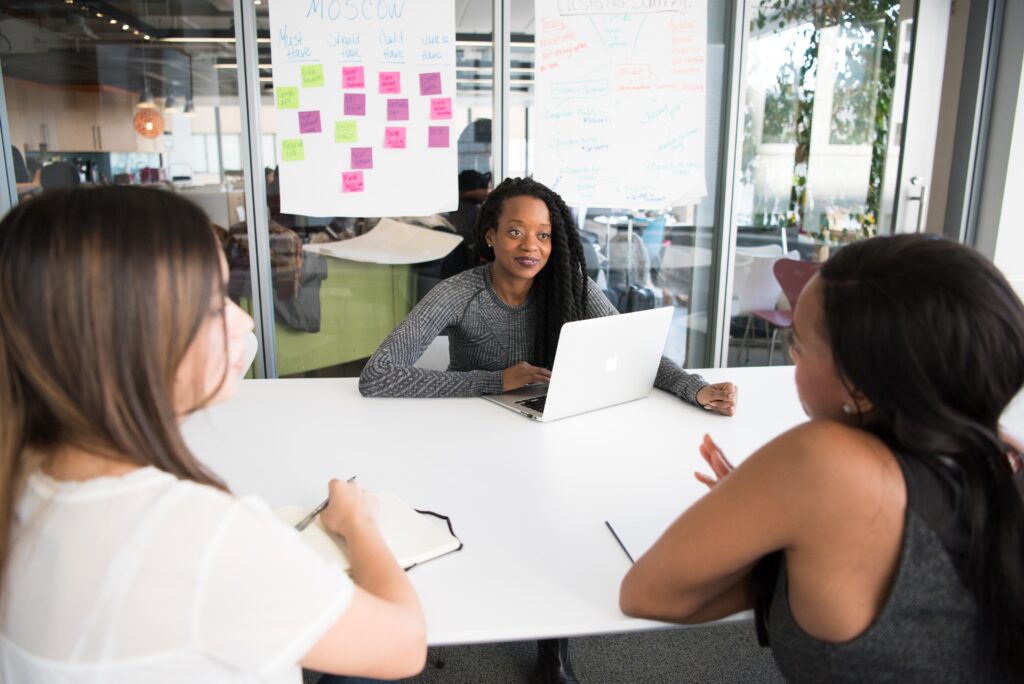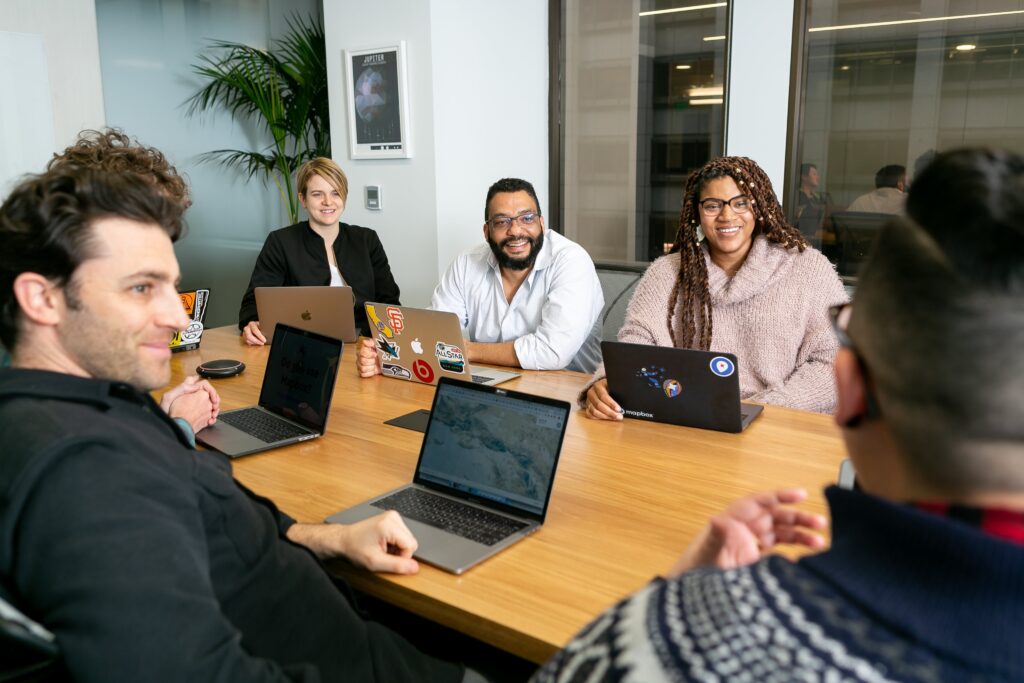Research proves that a society where more people are actively engaged with the news is one that is more likely to foster informed debates, make enlightened decisions and hold those in power accountable. In other words, more people engaging with credible news sources strengthens a democracy. Engagement not only educates individuals but also builds a stronger, more cohesive society that values truth and transparency. Without widespread public engagement, the very foundation of democratic societies — an informed electorate — is at risk.
There are many reasons why people don’t engage, or don’t engage consistently, with the news. To encourage greater public involvement, journalists need to deploy a variety of strategies. They must prioritize making news accessible, relevant and trustworthy. There is also a need to adopt a multi-platform approach that caters to various demographics, especially younger audiences, who primarily consume news digitally.
Journalists should be aware of news avoidance, a phenomenon in which people who are otherwise interested in the news take steps to not engage. This can happen for a variety of reasons, including feeling emotionally drained by the subject matter, finding news hard to understand and perceiving a bias in news that doesn’t align with their values. Approaches like solutions journalism and constructive journalism can help, as can taking steps to strengthen trust across diverse values (see Trusting News’ guidance on a road to pluralism).
A survey of 5,000 Americans shows that the public wants to engage with news creators and wants to be heard. Fostering two-way communication with audiences through answering their questions and other strategies of inviting public participation in shaping the news can help achieve this goal, while also making your journalism more relevant. By upholding the highest standards of integrity and transparency, fact-checking rigorously and acknowledging errors, journalists can build and maintain public trust. As trust grows, engagement will follow.
Guides & Best Practices
Center for Cooperative Media | Democracy Day and Trusting News
“Get on the Record About How You Cover democracy”
This step-by-step guide with an accompanying webinar from Trusting News, made in collaboration with Democracy Day, provides various ways reporters can earn more trust through their coverage, as well as encourages them not to give up on people who have low trust in their work. Related resource: How to create an FAQ about your reporting.
Center for Cooperative Media | Democracy Day and Hearken
“Pro-drama or pro-democracy? Use these checklists to ensure your reporting serves people, not politicians.”
These handy checklists for reporters and editors helps them stay focused on getting the public’s information needs met, not contributing to polarization and/or furthering political manipulation.
Hearken
“What reporters can do when candidates or officials ice you out”
Engaging a politically diverse public with news can be challenging when authority figures they support either ignore journalists’ requests for comments or are openly hostile toward the media outlet. This resource provides a variety of approaches newsrooms have tried in order to get around the issue of being iced out.
Trusting News
A Road to Pluralism
This initiative aims to help journalists strengthen trust across diverse values, experiences and political views to bridge divides, foster productive conversations and fuel open-mindedness. They offer research and practical advice for journalists, including this step-by-step guide called: “How Journalists Can Talk to People Who Don’t Trust News (and Build Trust Doing It).”
Training
Hearken, Solutions Journalism and Trusting News
Advancing Democracy Fellowship
This fellowship program provides training, coaching and financial support to newsrooms that are ready to adopt practices that address challenges to U.S. democracy by helping news organizations build civic engagement, equity and healthy discourse. Participating newsrooms are trained in engagement and solutions journalism. Additionally, they are taught techniques for earning trust in their news and how to support the kind of conflict that leads to breakthroughs rather than breakdowns (see Good Conflict below). This is the only program of its kind combining multiple complementary skills that can encourage more engagement with the news.
Assistance
Numerous organizations strive to support journalists in fostering greater engagement with the public through offering tools, resources, training and research. Here are a few that might be most helpful:
Engaged Journalism
Gather. This project and platform supports community-minded journalists and other engagement professionals. Their mission is to make journalism more responsive to the public’s needs and more inclusive of the public’s voices and diversity. They do this by helping journalists, educators and students who share these values find each other, resources and best practices.
Hearken. This social impact consultancy provides newsrooms with strategies and technology to better incorporate the public into the reporting process. They offer workshops, technologies and best practices (including the Democracy Toolkit site).
The Center for Media Engagement. Based at the University of Texas at Austin, the Center for Media Engagement provides research-based techniques for increasing media engagement, making news more understandable and enhancing public trust.
Civic Media
Documenters. City Bureau developed this exportable program for local communities to equip people in accessing and producing the information they need. It enables people who are not working for news organizations to be paid for producing useful information for their communities through documenting public meetings and reporting.
Listening Post Collective. A project of Internews, the Listening Post Collective partners with people and organizations to develop local news and information solutions that help communities thrive. The Listening Post Collective playbook is a free, self-paced, digital-learning platform to help launch civic media projects with engagement at their core.
Fora. This is an initiative that aims to bring under-heard community voices, concerns and stories to the forefront in local journalism.
Solutions, Constructive and Deliberative Journalism
Solutions Journalism Network. This organization is the standard-bearer for teaching and supporting solutions journalism, which emphasizes rigorous reporting on responses to social problems. Focusing on solutions can foster positive engagement and dialogue among readers. Their Learning Lab offers a variety of self-directed courses.
Constructive Institute. This Danish-based Institute helps newsrooms focus on more solutions-focused journalism and aims to shift news culture to embrace a role of connecting society to help democracy.
The Center for Public Deliberation at Colorado State University seeks to help individuals and communities elevate conversations rather than win arguments. Their model of Deliberative Journalism is “a developing perspective that focuses on helping the community elevate their capacity to address their shared problems more effectively.”
Other Related Support
Good Conflict. Started by two journalists, this consultancy helps people understand and navigate conflict. They offer workshops, coaching and targeted tools that, among other things, help journalists do their part in not exacerbating conflict and complicating narratives.
Trusting News. This journalism support organization provides a variety of resources to help journalists earn trust in their coverage, including Trust Kits on engagement.
Better News. A project of The American Press Institute, Better News offers a variety of self-directed training, articles and best practices in topics ranging from reaching audiences and product formats to collaboration.
Additional Resources
Election SOS
“Reaching republican voters”
Webinar
American Press Institute
“How a culture of listening strengthens reporting and relationships” by Cole Goins
Report
Center for Media Engagement
“Curbing the decline of local news through engaged journalism” by Katalina Deaven
Study
Hearken
“Golden insights: Lessons from Election SOS newsrooms” by Jennifer Brandel
Case Studies
Gather
“Start here: Engaging your communities for better journalism”
Article
Oxford University Press
“How journalists engage: A theory of trust building, identities and care” by Sue Robinson
Book
Kettering Foundation
“Reinventing Journalism to Strengthen Democracy: Insights from Innovators” edited by Paloma Dallas and Paula Ellis
Book




